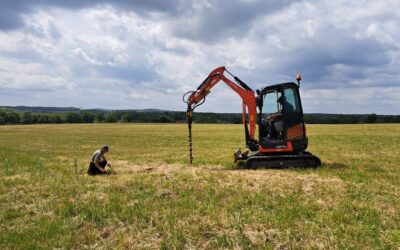
When thinking about ways we can help the environment, I am sure that very few of us think of reducing our food waste. However, this is one of the main ways we can reduce our greenhouse gas emissions on an individual level. Moreover, it is a great practice that can help save you money.
According to Richard Swannell from Wrap, a sustainability charity partnered with the United Nations Environment Programme, wasted food is responsible for 8-10% of global greenhouse gas emissions. If these emissions were a country, it would be the third-largest emitter of greenhouse gases on the planet! This statistic is so high since most of the food we do not eat goes directly into landfills. Not having the appropriate conditions to properly decompose, or non-compostable, these food items begin to produce methane, one of the main greenhouse gases. When released into our atmosphere, these greenhouse gases trap heat, warming our planet and contributing to climate change.
To limit this amount of greenhouse gases, we need to send less food to our landfills. The easiest way to do so is by reducing the amount of food we waste. There are multiple ways we can do this!
One way is by planning your meals and shopping from a grocery list. In doing so, you will avoid the temptation of buying random items that you will not eat. Additionally, after you visit the grocery store, try cooking ingredients with a shorter shelf life first. This includes produce such as kale, asparagus, spinach, and tomatoes. Both methods decrease the amount of food that eventually goes bad and is thrown out.
Another way to reduce your food waste is by repurposing food. Whether you use vegetable trimmings to make a stock or turn your leftovers into new meals, there are many creative ways to get multiple meals from your food. Personally, I like to turn my stale bread into croutons for my salads. It is easy to do, and my kids love it! If you get tired of eating leftovers, you can always freeze your good ingredients and meals. This will be helpful on a busy day as they will be easily available in the future.
Beyond reducing or repurposing your food, you may also compost it. This will lower the amount of food waste going directly into our landfills. Further, it will produce rich, nutritious soil which can be used in a personal or community garden.
While each of these methods is great for our environment, they will also help you save money. I plan on utilizing different aspects from each of these methods. How are you going to reduce your food waste?



